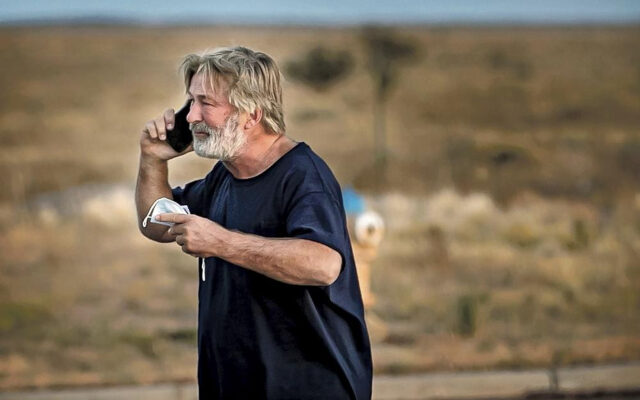Ex-Cop Chauvin Gets 21 Years For Violating George Floyd’s Civil Rights

ST. PAUL, Minn. (AP) — A federal judge on Thursday sentenced Derek Chauvin to 21 years in prison for violating George Floyd’s civil rights, telling the former Minneapolis police officer that what he did was “simply wrong” and “offensive.”
U.S. District Judge Paul Magnuson sharply criticized Chauvin for his actions on May 25, 2020, when he pinned Floyd to the pavement outside a Minneapolis corner store for more than 9 minutes as he lay dying.
“I really don’t know why you did what you did,” Magnuson said. “To put your knee on a person’s neck until they expired is simply wrong. … Your conduct is wrong and it is offensive.”
Magnuson, who presided over the federal trial and convictions of three other officers at the scene earlier this year, blamed Chauvin alone for what happened. Chauvin was by far the senior officer on the scene, and rebuffed questions from one of the officers about whether Floyd should be turned on his side.
“You absolutely destroyed the lives of three young officers by taking command of the scene,” he said.
Even so, Magnuson’s sentence was at the low end of the 20 to 25 years called for in a plea agreement in which he will serve the federal sentence at the same time he serves his 22 1/2-year sentence on state charges of murder and manslaughter.
Because of differences in parole eligibility in the state and federal systems, it means that Chauvin will serve slightly more time behind bars than he would have on the state sentence alone. He will also do his time in the federal system, where he may be safer and may be held under fewer restrictions than in the state system.
Chauvin attorney Eric Nelson had asked for 20 years, arguing that Chauvin was remorseful and would make that clear to the court. But Chauvin, in brief remarks, made no direct apology or expression of remorse to Floyd’s family.
Instead, he told the family that he wishes Floyd’s children “all the best in their life” and that they have “excellent guidance in becoming good adults.”
You Might Also Like



